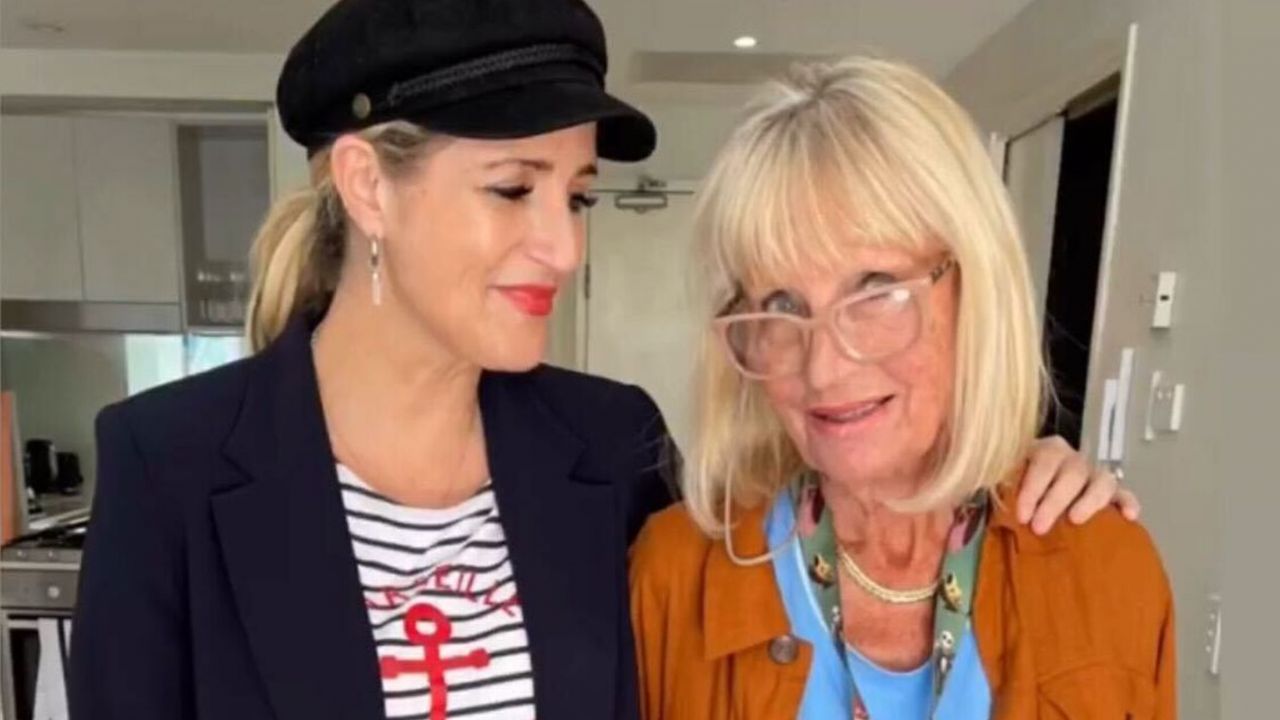Money & Banking
Cruel scam targets radio star's elderly mum

Radio star Bianca Dye has revealed that her elderly mother was the target of a cruel scam.
The i98 radio host told 9Honey that her mother, Anne, was at home when she received a series of texts from someone pretending to be her.
The first text Anne received claimed that Dye was using a friends phone, before "they sent something about me needing help with an urgent tax bill."
At the time, Dye was in Wollongong in NSW hosting the breakfast shift, when her mother received the "urgent tax bill" text requesting $3,000.
"When parents get older, they don't want to bother you. She didn't want to stress me out," she added, fighting back tears.
"But by not contacting me the day it happened and waiting until the next day, she had worked herself up into tears. She didn't sleep a wink."
"So she was sending text messages to some stranger."
By the time Anne rang her daughter, she was trying to transfer the money, but got the credit card number confused.
Elon Musk tops donations as millions raised for Trump shooting victims
Fortunately, Dye had a friend check in on her mum, who was able to take Anne to her local branch for help.
"They got it all sorted, changed her PIN, no money had been taken out," Dye said.
While it was a close call for Dye many Australians, particularly the elderly, are common targets for scammers.
Dye hopes to raise awareness of such scams and spoke with cyber security expert Damien Cantelo of Apollo Secure who shared a few safety tips.
"Certainly [parents] should take the approach of 'trust no one, assume nothing', because if it's a text message or a call, [scammers] are getting more sophisticated so it's harder to detect," Cantelo said.
"A really good tip is to set up a 'safe word'. So you and your family have a word, you just make up a random word.
"And if ever there's anything a little bit fishy going on, you can say, 'Oh, hey Bianca, what's the safe word?' And then if you don't have it, then they know to hang up."
Dye added that as scams get more intricate, it may be more difficult for older people, especially those who may suffer from memory loss, to detect the scams.
Can you change your mind after you buy a house?
"It's a terrifying future for the elderly unless someone tech savvy is living in the house with them," Dye added.
Image: Bianca Dye/ 9Honey


